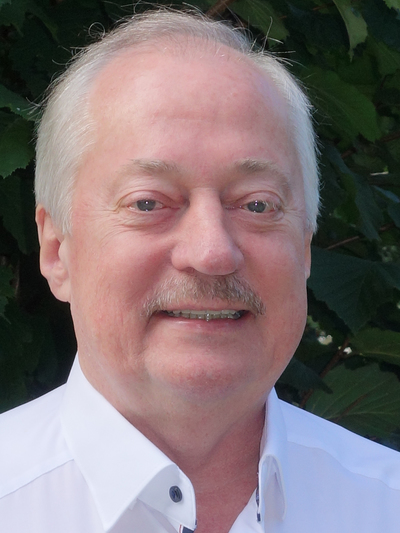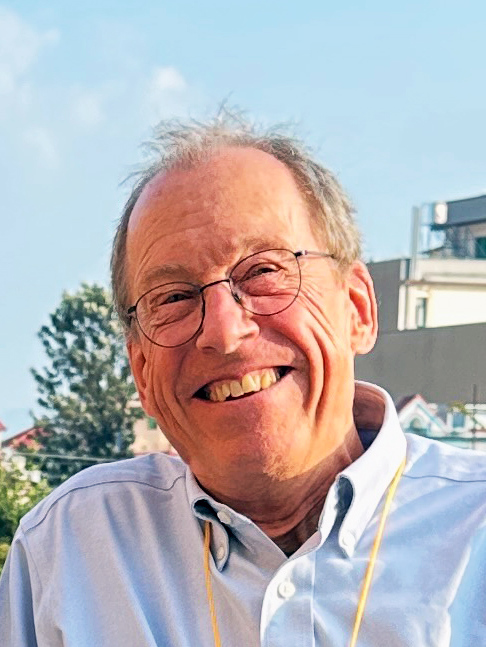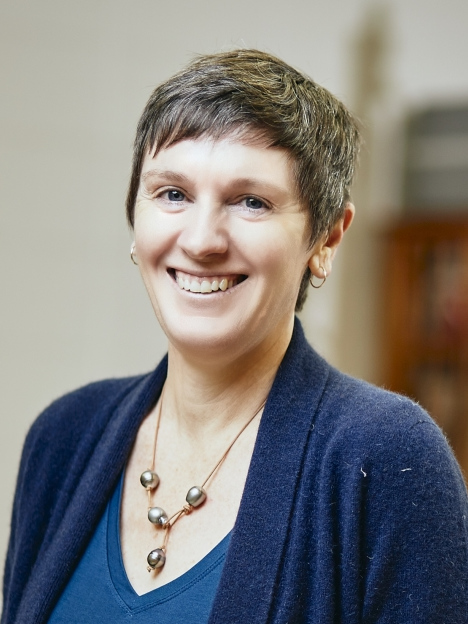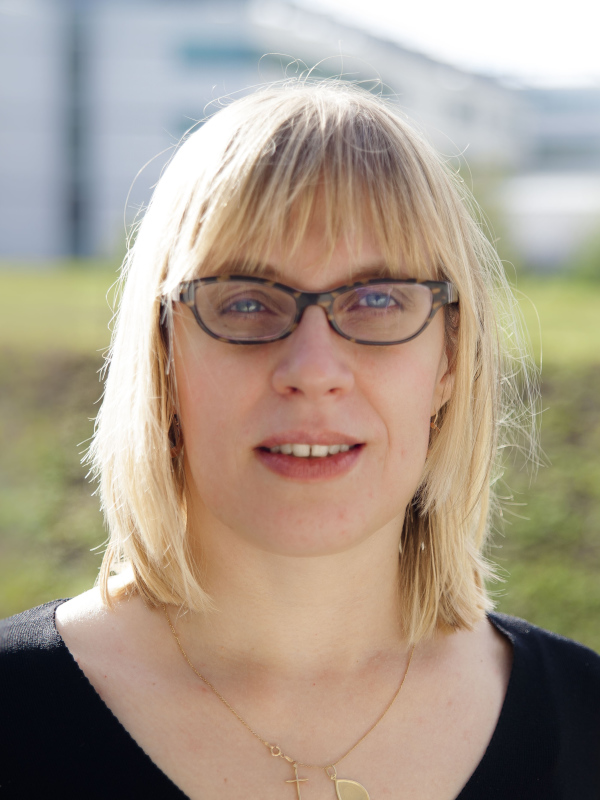Erwin Hahn Lecturers
Plenary Speakers
Paul Callaghan Award Finalists
Educational Lecturers
Invited Speakers in Scientific Sessions
Plenary Speakers

Axel Haase is Professor Emeritus from the Technical University of Munich and the University of Würzburg. In 1983 he was at the Max Planck Institute of Biophysical Chemistry one of the inventors of FLASH MRI, a fast gradient echo imaging, which became one of the pillars of clinical MRI. In 1989 he was appointed chair of Experimental Physics V (Biophysics) at the University of Würzburg where he also held the office of president from 2003 to 2009. In 2009 he became a research professor as head of the Institute of Medical Engineering at the Technical University of Munich and founded in the following the Munich School of Bioengineering where he retired in 2019. In many international academic societies he served in eminent position such as president of the European Society of Magnetic Resonance in Medicine and Biology or the German Society for Biophysics. He is a full member of the Bavarian Academy of Sciences and Humanities. In 1995 he hosted at Würzburg the 3rd “Heidelberg Conference” at which the Division of Spatially Resolved Magnetic Resonance of the Ampere Society was founded with him being the first treasurer.

Bernhard Blümich is Professor emeritus of Macromolecular Chemistry at RWTH Aachen University. He has been working in NMR since his undergraduate studies at Technische Universität Berlin. His expertise is in NMR methodology, solid state NMR, NMR imaging of materials and processes, and in mobile NMR. He has published more than 500 articles in scientific journals as well as authored NMR Imaging of Materials (Oxford University Press, 2000, 2002), Essential NMR (Springer, 2005, 2019) and Compact NMR (de Gruyter, 2014), and has edited a number of other books. He founded the Division of Spatially Magnetic Resonance of the Ampere Society and started the International Conference on Magnetic Resonance Microscopy. He is a fellow of the International Society of Magnetic Resonance ISMAR, and he was President of the AMPERE society from 2012 to 2021. His contributions to mobile NMR with the development of the NMR-MOUSE were acknowledged with honorary PhD degrees from the Technical University in Cluj Napoca and from Guru Nanak Dev University in Amritsar, the Ampere Prize, the Richard Ernst Prize, and honorary memberships of the Indian Society of Magnetic Resonance and the AMPERE Division of Magnetic Resonance in Porous Media.

Sarah Codd is co-director of the Magnetic Resonance Lab and a Professor in the Department of Mechanical and Industrial Engineering at Montana State University. Her research focuses on technique development, spatially resolved studies of gas in ceramics, flow and diffusion studies in porous media, and investigation of fluid dynamics in hydrogels, biofilms, cellular suspensions and polymer electrolyte membranes. Sarah grew up in New Zealand, comparable in beauty to Montana, and goes back most years for a mid-summer ski vacation. She held research positions in England, New Zealand, Germany and New Mexico before moving to Montana in 2002. When she is not teaching herself or her students more about the wonderful world of science and engineering you may find her mountain biking in the Hyalites, skiing in the Bridgers, or backpacking somewhere equally as beautiful.

Luisa Ciobanu is the Director of Research heading the NeuroPhysics team at NeuroSpin at CEA-Saclay. She received her doctorate in Physics from The Ohio State University (Columbus, OH, USA) in 2002. After the PhD, Dr. Ciobanu pursued a postdoctoral fellowship in the Department of Electrical and Computer Engineering at University of Illinois at Urbana-Champaign (Urbana, IL, USA) and held research appointments at the Beckman Institute (Urbana, IL, USA) and Pfizer Inc. (Ann Arbor, MI, USA). In 2007, she joined the staff of NeuroSpin at CEA-Saclay (The French Alternative Energies and Atomic Energy Commission). Dr. Ciobanu obtained the Habilitation to Conduct Research (HDR) in biology from Université Pierre et Marie Curie (Paris, France) in 2011. Her current research focuses on the development of new techniques for magnetic resonance imaging (MRI) at high and ultra-high magnetic fields for the understanding of fundamental physical principles underlying biological function.
